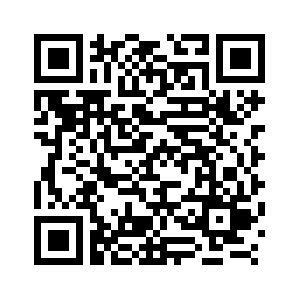ABUJA, Nov. 10 (Xinhua) -- The successive U.S. rate hikes have sent shockwaves into developing countries, especially those in Africa, a scholar has said.
The U.S. policy measure will have a cataclysmic effect for many developing countries around the world, as "this measure, for sure, will not put smiles on (those facing) already difficult challenges," said Charles Onunaiju, an international affairs analyst based in Abuja, told Xinhua in a recent interview.
In its latest rate hike, the U.S. Federal Reserve raised the interest rate by three-quarters of a percentage point, and indicated further hikes in coming months as the United States seeks to rein in inflation.
The effects of such hikes on the economy of developing countries will become more apparent by the day, said Onunaiju, who has authored several books on international relations.
"When you are a major power, you are no longer thinking in terms of your people alone. You must assume major power responsibility," said the expert, urging U.S. authorities to consider the ripple effects of the country's policies on developing nations.
For Nigeria, the most populous African country, Onunaiju said the harsh effects of the U.S. policy are apparent. Like many developing countries, Nigeria uses the U.S. dollar as a major international currency and thus have to face a raft of challenges including the depreciation of its own currency and a slowdown of international investment.
Given the U.S. dollar hegemony, he noted the denominated dollar debt of developing countries would continue to balloon and essentially lead to economic slowdown.
"We will have issues of countries stripping down. And these are some of the consequences that will follow from this kind of measure," said Onunaiju. ■



